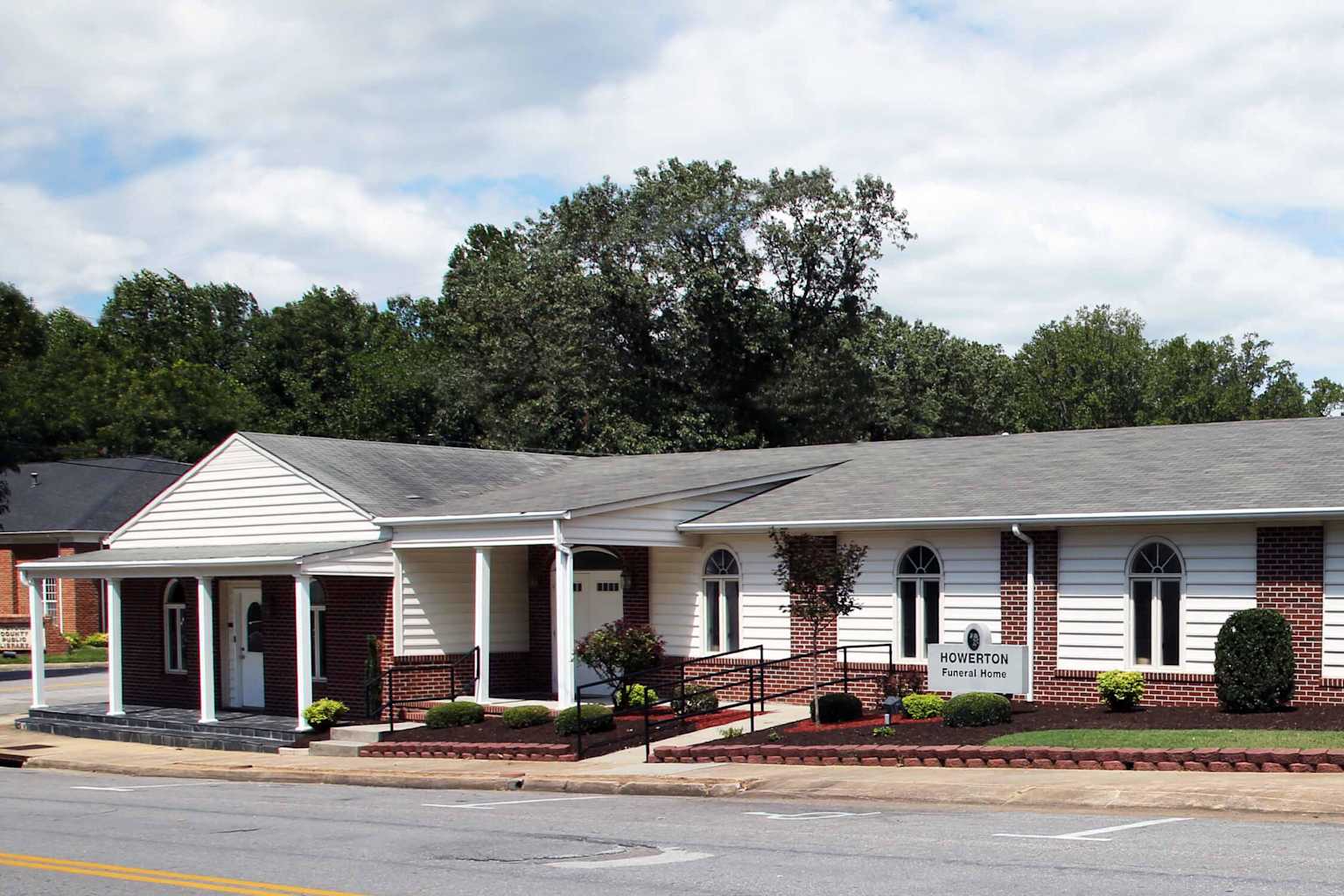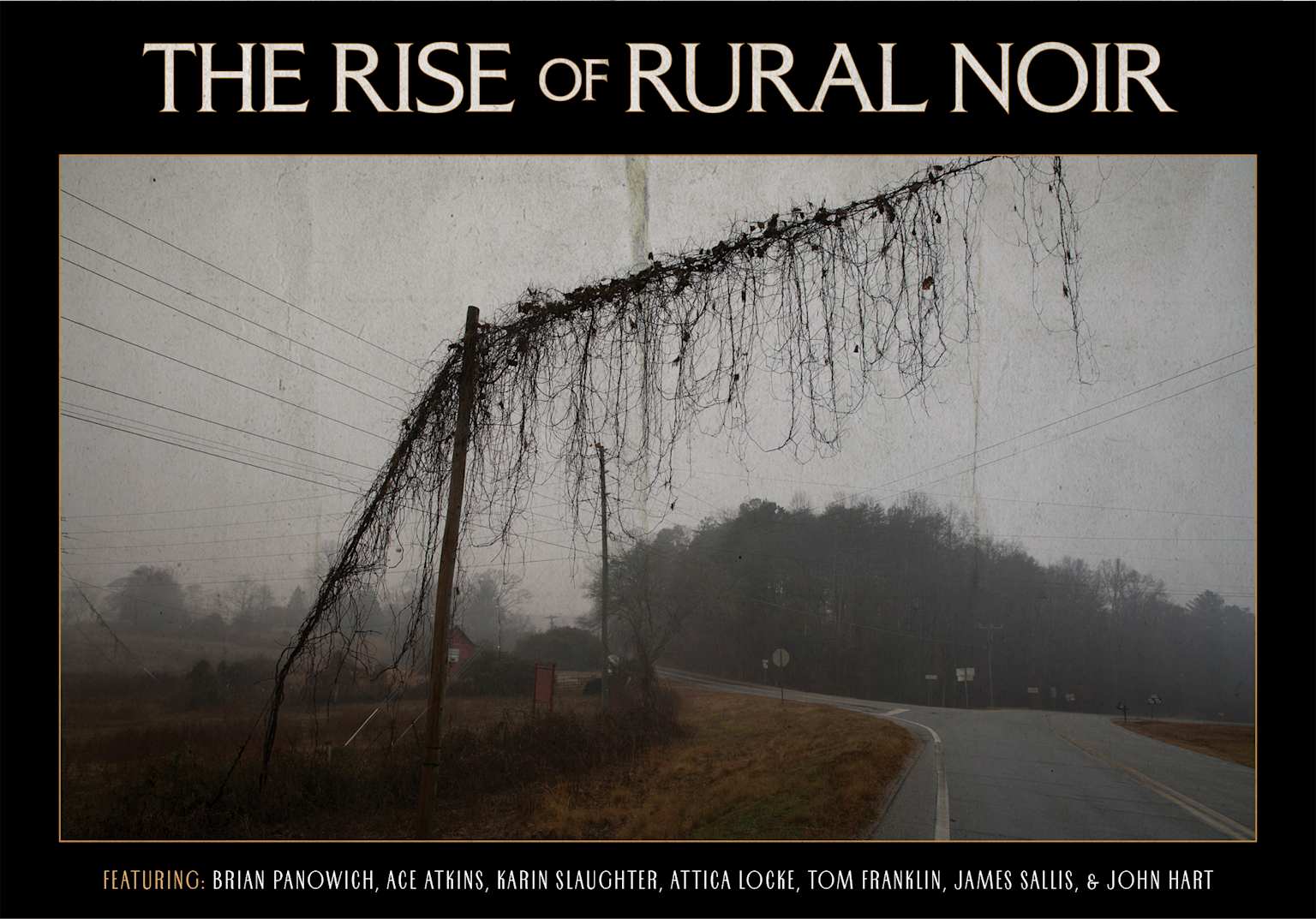
Introduction: The Master of Southern Noir Returns 🖋️
S.A. Cosby has firmly established himself as the undisputed king of contemporary Southern noir, and his latest masterpiece, "King of Ashes" (2025), represents the pinnacle of his literary craftsmanship. This Godfather-inspired family crime epic transcends the boundaries of traditional thriller fiction, delivering a visceral exploration of family, loyalty, and the devastating price of survival in rural America.
As with his previous acclaimed novels like "Blacktop Wasteland" and "Razorblade Tears," Cosby continues to delve into the complex tapestry of Southern life, but with "King of Ashes," he elevates his storytelling to new heights, creating a work that is simultaneously a gripping crime thriller and a profound meditation on the nature of family bonds and moral compromise.

About the Author: S.A. Cosby 👨💼
Shawn André Cosby, born August 4, 1973, in Newport News, Virginia, has revolutionized contemporary crime fiction with his authentic Southern noir voice. Before becoming a New York Times bestselling author, Cosby worked various jobs, including at a funeral home—experience that lends remarkable authenticity to his portrayal of the family crematorium business in "King of Ashes".
His works have earned numerous accolades:
- Los Angeles Times Book Prize for "Blacktop Wasteland" (2020)
- Anthony Award for "Blacktop Wasteland"
- Nominations for prestigious awards including the Edgar Award
- Critical acclaim from literary giants including Michael Connelly and Dennis Lehane
Cosby resides in Gloucester, Virginia, along the York River, where he continues to draw inspiration from the complex social dynamics and rich cultural heritage of the American South. His deep understanding of Southern communities, particularly their economic struggles and racial tensions, provides "King of Ashes" with a level of authenticity that few contemporary writers can match.
Plot Overview: Fire, Family, and Fury 💀🔥
Set in the decaying Virginia town of Jefferson Run, "King of Ashes" follows Roman Carruthers, a successful Atlanta financial advisor who returns home when his father suffers a mysterious car accident that leaves him comatose. What begins as a family crisis rapidly escalates into a nightmare of violence, debt, and moral compromise.

Roman discovers that his younger brother Dante has fallen deep into debt with dangerous criminals and his sister, Neveah, is exhausted from holding both the family and their crematorium business together. When it becomes clear that his father's accident was no accident at all and that Dante's recklessness has placed them all in genuine danger, Roman must take drastic action.
As a financial expert with a talent for making his clients rich, Roman initially believes he can simply buy his brother out of trouble. However, he quickly realizes that in dealing with real gangsters rather than "wannabe tough guys," money alone won't solve their problems. As his bargaining chips literally go up in smoke, Roman makes the fateful decision to offer the criminals the only thing he has left: himself and his particular set of financial skills.
What follows is a harrowing transformation as Roman delves deeper into the criminal underworld, using his expertise to launder money and orchestrate schemes while Neveah pursues the long-buried mystery of their mother's disappearance years earlier. The family crematorium becomes both refuge and weapon in their struggle for survival, with the novel's haunting refrain—"everything burns"—taking on increasingly ominous significance.

Character Analysis: Complex Portraits of Survival 👥💼
Roman Carruthers: The Reluctant King 👑
Roman represents one of Cosby's most complex protagonists—a character of Shakespearean depth who embodies both heroic determination and tragic flaw. As a financial whiz who has escaped the limitations of Jefferson Run only to be pulled back into its darkness, Roman's journey explores how even the most carefully constructed life can unravel when family needs intervene.
His transformation from successful outsider to criminal strategist illustrates the corrupting power of desperation and love. Roman's financial expertise becomes his weapon, his analytical mind his shield, but his devotion to family becomes his ultimate vulnerability, forcing him to compromise his moral code in increasingly disturbing ways.
Neveah Carruthers: The Backbone 💪
Neveah serves as the family's anchor, managing the crematorium and caring for their comatose father while harboring her own secrets and resentments. Her strength and pragmatism contrast sharply with her brothers' volatility, yet she carries the weight of the past in her determined quest to uncover the truth about their mother's mysterious disappearance years earlier.
Her character represents the silent strength often required of women in difficult circumstances, particularly in rural communities where options are limited and responsibilities are heavy. Neveah's storyline provides both emotional depth and investigative momentum to the narrative.
Dante Carruthers: The Catalyst 🎲
Dante embodies the destructive power of weakness and desperation. His poor decisions and indebtedness to dangerous criminals set the entire tragedy in motion, yet Cosby crafts him with enough vulnerability and humanity to evoke sympathy rather than mere contempt.
His character represents the collateral damage of poverty, addiction, and limited opportunities in rural America—a cautionary tale of how easily lives can spiral out of control when hope is scarce and temptation abundant.

Thematic Deep Dive: The Ashes of the American Dream 🏴☠️
Family as Both Salvation and Destruction 👨👩👧👦
"King of Ashes" masterfully explores how family bonds can simultaneously inspire the greatest heroism and the most devastating compromises. Roman's love for his siblings drives him to extraordinary lengths, but also transforms him into something he never intended to become—a reluctant criminal whose moral boundaries become increasingly blurred.
This complex portrayal of family dynamics echoes throughout Cosby's body of work, as shown in this analysis of themes across his novels:

The Crematorium as Symbol 🔥⚱️
The family crematorium operates on multiple symbolic levels—it represents their legacy, their livelihood, and ultimately their method of literally erasing evidence. The recurring motif of "everything burns" becomes both literal and metaphorical throughout the narrative, suggesting both destruction and purification.
As Roman becomes increasingly entangled with criminals, the crematorium transforms from a place of dignity and respect for the dead to an instrument of concealment and criminal enterprise. This transformation mirrors Roman's own moral journey, highlighting how even the most sacred institutions can be corrupted by necessity and desperation.

Economic Desperation and Moral Compromise 💰
Like all great noir, "King of Ashes" examines how economic pressure forces ordinary people into extraordinary situations. The dying town of Jefferson Run, with its abandoned buildings and cracked roads, reflects broader themes of rural decline and limited opportunities that have become hallmarks of Cosby's fiction.
Roman's decision to use his financial acumen for criminal purposes raises profound questions about survival, responsibility, and the true cost of loyalty in a world where legitimate opportunities are scarce and family needs are immediate and urgent.
The Price of Power 👑💀
Roman's journey from victim to victor comes at an enormous cost. Cosby doesn't glorify his protagonist's transformation but presents it as a tragic inevitability born from impossible circumstances. The novel asks readers to consider what they might be willing to sacrifice—including their own moral code—to protect those they love.
This exploration of power's corrupting influence places "King of Ashes" in conversation with classic crime epics like "The Godfather," but with a distinctly Southern, working-class perspective that grounds the narrative in contemporary American realities.

Writing Style and Craft: Poetic Brutality ✍️
Cosby's prose combines lyrical beauty with unflinching violence, creating a unique voice that elevates crime fiction to literary art. His descriptions of rural Virginia are simultaneously nostalgic and haunting, capturing both the beauty and decay of small-town America with evocative precision.
Consider this comparison of thematic elements across Cosby's major works:

The narrative structure employs flashbacks and dual timelines to gradually reveal family secrets while maintaining relentless forward momentum. Cosby's dialogue crackles with authenticity, capturing distinct voices across racial, class, and generational lines—a skill that has become one of his signature strengths as a writer.
His approach to violence deserves special mention—never gratuitous but never sanitized, Cosby's depictions of physical and emotional brutality serve the story rather than sensationalism. Each violent encounter reveals character, advances plot, or illuminates theme, making even the most disturbing scenes necessary to the novel's artistic integrity.

Setting: Jefferson Run, Virginia 🏙️
The fictional town of Jefferson Run represents a masterclass in setting as character. Once a thriving industrial center, the town has deteriorated into what Cosby describes as a "gritty husk," with abandoned buildings, cracked roads, and seedy businesses that reflect the economic desperation of its inhabitants.
This setting creates the perfect pressure cooker for the novel's exploration of crime, family, and moral compromise. The town's isolation and limited opportunities make the characters' desperate choices seem not only plausible but almost inevitable, highlighting how economic forces can shape individual destinies in profound and often tragic ways.
Cosby's depiction of small-town Virginia avoids both romantic nostalgia and condescending stereotypes, instead presenting a nuanced portrait of a community struggling with real issues of poverty, addiction, and limited opportunity while still maintaining its humanity and complexity.
Comparison to Previous Works 📖
"King of Ashes" represents an evolution in Cosby's writing, building on the foundations established in his previous acclaimed novels while pushing into new thematic and narrative territory.
While "Blacktop Wasteland" (2020) explored similar themes of family responsibility and criminal necessity through the story of a getaway driver trying to go straight, and "Razorblade Tears" (2021) examined violent retribution and moral complexity through the lens of two grieving fathers, "King of Ashes" operates on a grander scale with higher stakes and more complex moral terrain.
The novel shares DNA with "All the Sinners Bleed" (2023) in its exploration of small-town secrets and systemic corruption, but focuses more intensely on family dynamics and the transformative effects of economic desperation on individual morality.
What distinguishes "King of Ashes" from its predecessors is its Godfather-like scope—the story of not just an individual or a partnership, but an entire family system being transformed by violence and necessity, with consequences that ripple throughout an entire community.

Cultural Impact and Critical Reception 🏆
Since its June 2025 release, "King of Ashes" has garnered widespread critical acclaim, further cementing Cosby's reputation as one of America's most essential contemporary writers.
Critics have particularly praised:
- The novel's operatic ambition and scope
- Its authentic portrayal of rural Southern life
- The complex moral questions it raises
- The precision and beauty of Cosby's prose
The novel continues Cosby's important work of diversifying crime fiction, offering authentic African American perspectives on Southern life while creating universally compelling characters and situations that resonate across demographic boundaries.
Literary Significance: Beyond Genre Fiction 🎭
"King of Ashes" transcends traditional crime fiction boundaries to become genuine literary fiction. Cosby's exploration of family dynamics, moral ambiguity, and economic desperation rivals the best contemporary American literature in its depth and insight.
The novel serves as both entertainment and social commentary, examining:
- Rural economic decline
- Family dysfunction across generations
- The intersection of race and class in the modern South
- The corrupting influence of desperation
By elevating the crime thriller to the level of serious literature without sacrificing narrative momentum or emotional impact, Cosby continues to expand the possibilities of what genre fiction can accomplish.

Technical Elements: Masterful Storytelling 🎬
Pacing and Structure
Cosby maintains breakneck pacing while allowing time for character development and thematic exploration. The book reads like a prestige television series, with each chapter building toward inevitable confrontation while deepening our understanding of the characters and their motivations.
Dialogue and Voice
Every character speaks with distinct authenticity, from Roman's educated precision to the dangerous charisma of the criminals he encounters. Cosby captures regional dialects and speech patterns without resorting to caricature, creating voices that feel genuine and specific to their backgrounds and experiences.
Violence and Tension
The violence in "King of Ashes" serves the story rather than exploiting readers. Each brutal scene advances character development or plot progression, never feeling gratuitous despite the high body count. Cosby's ability to create and sustain tension—even in seemingly quiet moments—demonstrates his mastery of psychological suspense.
Final Verdict: A Modern Masterpiece 🌟
"King of Ashes" represents the apex of contemporary crime fiction, combining the commercial appeal of a thriller with the artistic merit of serious literature. Cosby has created a work that honors the tradition of Southern Gothic while pushing the genre in bold new directions.
This is essential reading for:
- Crime fiction enthusiasts
- Students of contemporary American literature
- Readers interested in authentic Southern voices
- Anyone seeking complex, morally ambiguous narratives
In Roman Carruthers' desperate struggle to save his family at any cost, Cosby has created a protagonist whose moral journey will haunt readers long after the final page. The novel's exploration of how far we might go to protect those we love raises questions that have no easy answers—the hallmark of truly significant literature.

Reader's Response: A Personal Reflection
Reading "King of Ashes" is like watching a slow-motion collision between fate and free will, with family loyalty as the unstoppable force driving characters toward choices they never imagined making. Cosby doesn't just tell a story—he creates an entire moral universe where every decision carries weight and consequences ripple across generations.
What makes this novel particularly affecting is how recognizable these characters feel despite their extraordinary circumstances. Roman's protective instinct toward his siblings, Neveah's quiet determination to uncover family secrets, and Dante's struggle with his own weaknesses—these are human qualities that transcend the specific setting of rural Virginia.
The crematorium setting provides a powerful metaphor for transformation and reckoning—the reduction of all things to their essential elements through fire. As Roman's moral boundaries burn away in the heat of necessity, readers are forced to consider what remains when everything we thought defined us is reduced to ash.
Cosby's ability to make readers empathize with characters making questionable choices speaks to his profound understanding of human nature and the impossible situations that can drive good people toward darkness. In a literary landscape often dominated by easy moral judgments, "King of Ashes" offers something far more valuable: compassion without absolution.
Conclusion: Everything Burns, But Some Things Endure 🔥
"King of Ashes" confirms S.A. Cosby's position as one of America's most important contemporary writers. This novel will undoubtedly be remembered as a classic of 21st-century crime fiction, a work that captures the complexity and contradiction of modern American life with unparalleled skill and insight.
In a landscape often dominated by formulaic thrillers, Cosby offers something rare: genuine art that happens to be thrilling. "King of Ashes" burns bright and leaves lasting impressions on every reader willing to follow Roman Carruthers into the darkness.
As the novel's recurring refrain reminds us: everything burns—traditions, moral boundaries, even family ties—but from those ashes, something new and perhaps even stronger can emerge. This transformation, painful as it may be, forms the emotional core of a novel that asks us to consider what we value most and what we would sacrifice to protect it.



